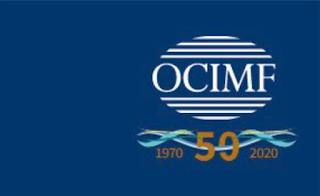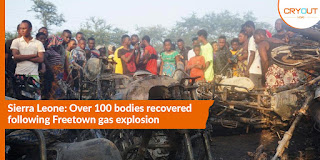Marine Terminal Particulars Questionnaire 2 Release update Nov. 2021

MTPQ2 Release The Ship-Shore Interfaces Expert Group are pleased to announce the release of the new MTPQ2 templates into production on 22 November 2021. This release includes the following changes: A separate Port Index has been created to reduce duplication against terminal particulars and provide a central source of Port data, providing an index of terminals at each port. The reduction in questions is designed to reduce the management burden upon terminal operators and to reduce the duplication of questions now included in the Terminal Information Booklet. The Vessel-Berth Comparison Tool (VBCT) has been developed that compares jetty published MTPQ2 data uploaded within MTIS, to vessel’s published HVPQ data from the SIRE database and provides a com...


